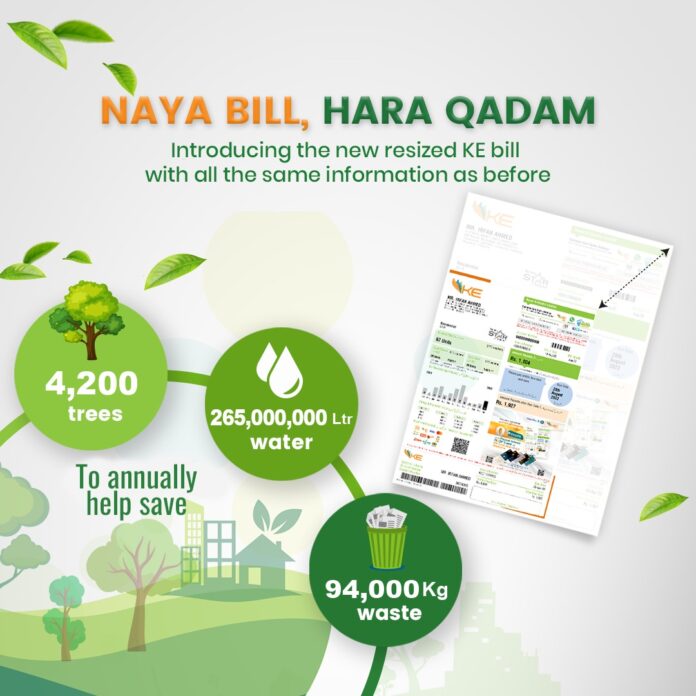Climate change is reshaping the world as we know it. Torrential rains are resulting in floods in one part of the world while droughts ravage another. While policymakers and world leaders come together to decide the best course of action, concerned citizens and independent organizations are advocating for increased tree plantations to offset the devastating impact of carbon emissions.
These steps are commendable, but the hubris to plant trees overlooks a key point that these trees will take decades to mature. The climate change emergency is far more urgent. So where we must plan for the future, we have to take concrete steps to curb the emissions at the source. This is similar to the current global energy crisis, where people are looking at ways to conserve electricity in the immediate term while planning to increase the share of renewable energy in the future.
By the same example, curbing the usage of paper is akin to conserving electricity. Paper production uses up a huge amount of resources, from trees to water. Without proper recycling protocols, this paper will ultimately just occupy landfills. Every month, millions of people across the country receive utility bills from water, gas, electric, and phone companies. Those with bank accounts may receive bank statements and credit card bills that go on for pages. As a culture, we are still inclined towards waiting in queues with physical copies of bills in our hands to get them stamped as a means of authenticating payment. This also needs to change.
In the meantime, KE in Karachi has taken a revolutionary step to address this problem by introducing an eco-friendly bill which communicates all the information in a reduced format. Why is this revolutionary? Because the simple step is saving thousands of trees and millions of liters of water on an annual basis. Reducing the bill size is also saving up to 92 tonnes of paper-based waste from ending up in landfills.
Now let’s look at the large-scale impact of this. Per reports, there are over 36.5 million electricity connections in Pakistan. If all of them receive monthly bills, that’s 439 million sheets of paper or approximately 880 thousand reams. Each ream weighs 2 kilograms, so you’re looking at about 2000 tonnes of paper being used on an annual basis. Reduce the bill size, and you save 1000 tonnes immediately! Now apply this to water conservation. Estimates suggest that 265 million liters of water can be conserved annually through this initiative. Scaling this up to national level saves 2582 million liters of water.
Now, think of a situation where credit card bills, phone bills, and all other utility bills follow the same precedent, and the resulting environmental impact. The best part is that if a power company – one of the most regulated industries – can achieve this, it should be an encouraging sign for others to do so as well!
Saving the environment is not just about making big changes on policy levels but taking small steps which can have a multiplier effect. Saving paper is as effective today as planting a tree is for tomorrow. Let’s take inspiration from this “hara qadam” that KE has taken and see if we can follow suit!


